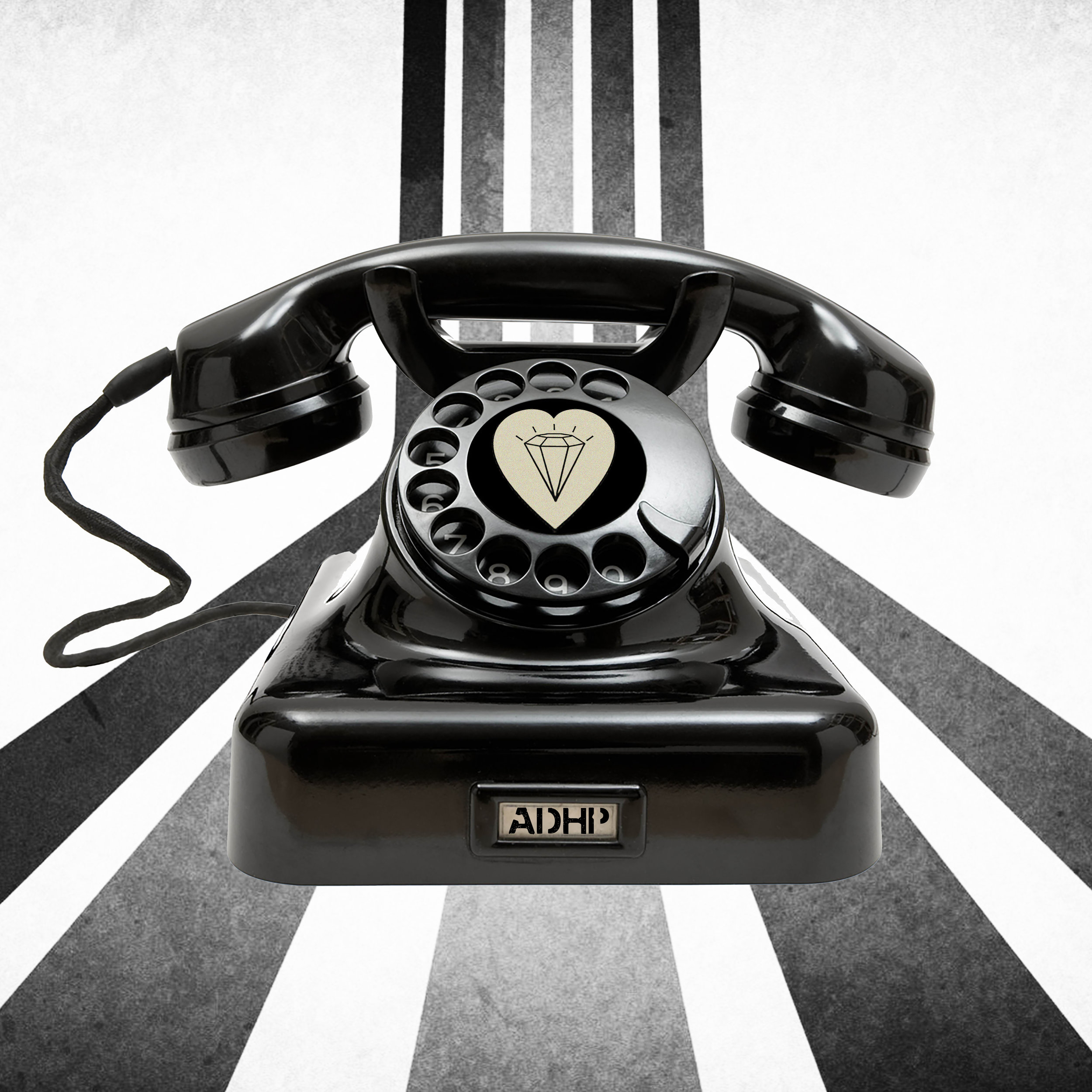It is definitely and without doubt (now, and it has been for for years) a necessity for a band or artist to connect with people and industry in order to grow and be a part of the music community.
When reaching out to bookers, promoters, studio engineers, blogs, radio DJs, magazines or other bands, artists you want to connect with, or anyone else in the industry, or even future fans, it is important to be aware of how you’re approaching them.
Whether reaching out via social media (Facebook messenger, Facebook Pages, Instagram messenger, etc), e-mail, or in person, it is equally as important to be courteous and respectful.
Most likely the person you are trying to reach has a busy schedule - whether they are an artist, industry person or even a music fan, it’s important to take this into consideration. Think about how you would want to be approached or written to. Also be aware that without artists and music, labels would not exist, so it does go both ways, we are in this together and need each other for our industry to grow.
Online: Kindly introduce yourself, acknowledge their name, get to the point and be professional. If you want to send a video or music link to an engineer you want to work with, or a label rep, understand that Facebook messenger or any public social media platform isn’t always the best way to reach them directly. Sometimes you will not receive a response this way or right away. Instead, try going to the official website, find an e-mail on the contact page and address the person politely, tell them who you are, and why you’re reaching out. Or, if you do reach out on social media, ask them if this is the best place to send them your music or briefly explain why you’re reaching out and if there is a better place they’d prefer you write to (i.e: e-mail)
Too often people are bombarded by random people / artists spamming links to people with their music with no explanation or asking for demands without saying who they are and because of this people (industry & fans) are being turned off immediately and making it harder for the artists who work really hard and care. Please consider taking your time to consider who you’re approaching without wanting a quick fix/answer. Take your time to research the right people... making sure it relates (meaning “I saw you were a fan of _____, my band has a lot of similar influences & has been compared to ______” or “I saw on your credits you recorded _______, and you work with a lot of metal. We’re a metal band who is in the same vein as ______ and think you’d understand our band’s sound and us so we’d love to talk about working with you.”)
Different labels, media outlets, industry people, and artists will vary in their means of contact. It’s important to think it out... why are you contacting this person? What is your goal in contacting them? What can they, in turn, benefit from you reaching out to them? What makes it worth it? Let them know! Use proper grammar, punctuation, spelling, and full sentences. Sign your name and let them know how they can get in touch with you.
In the end it is about respect. Respect this person’s time, don’t insist anything of them - Respect their space, don’t expect them to get back right away and if they don’t, don’t pester them. They likely have a lot on their plate and a lot of people reaching out. But also do not be afraid to contact people, ask and follow up. Just like performance is a risk of being open to an audience so is reaching out to people in a positive way.
Tips:
- if you don’t hear back try following up about 10 days to 2 weeks later (this is not a set rule but a suggestion. Often 3-4 follow ups later you might hear from a booker saying “so sorry for late reply, we actually have that date, just have been so busy with the shows, my other 3 jobs and family life”. This is very common and people get lots of e-mails. Don’t lose hope and always think their uninterested)
- when approaching a fan consider comparing your songs to some other artists they may know or if you see they like and work with your genre tell them so they have an idea what they might be checking out.
- when emailing a blog, prospective label or management person, please definitely do your homework on them. Make sure they’re the right person to be reaching out to.
- try introducing yourself, be clear about what you’re asking / pitching, send a brief paragraph on yourself/your band, your career highlights (bigger bands who you have played with, bigger venues, radio stations, magazines or blogs who have featured you, and definitely tell them who you sound like.
- If you call an office of a music business professional or an individual when leaving a message always talk slow and when leaving your return # repeat it twice. Sometimes the first time people don’t catch it.
- absolutely always include a few online links.
The biggest risk you may take is not taking one, so take a chance and don’t be afraid to contact people but do it respectfully:)



